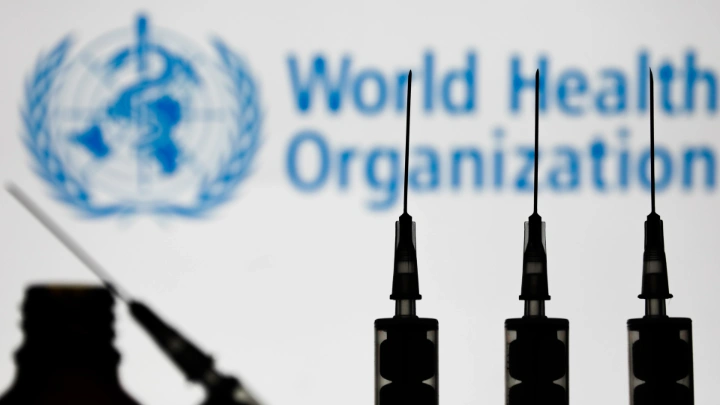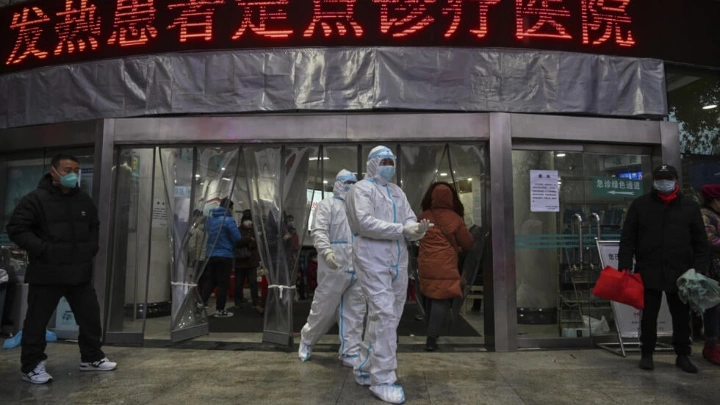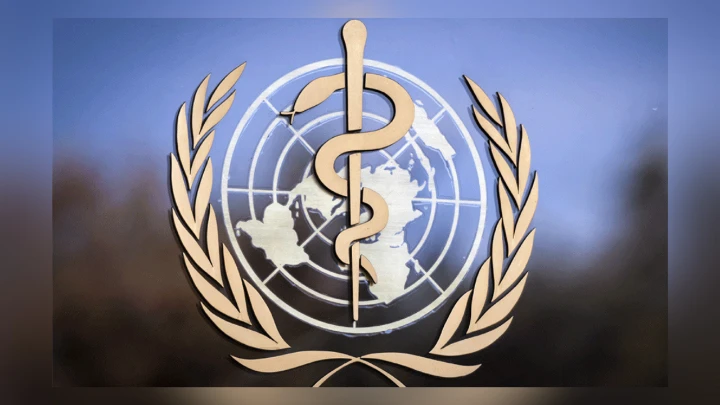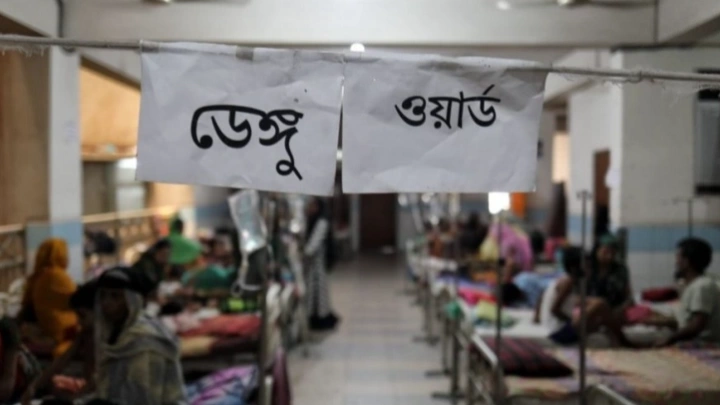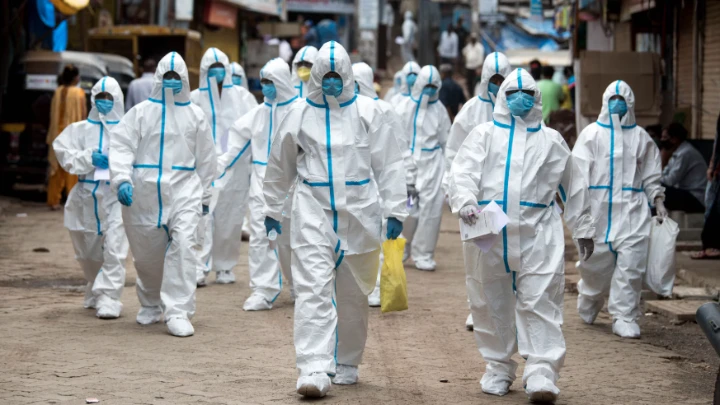World Health Organization proposed treaty calls for increased aid from wealthy nations to combat pandemics.
Reuters || Shining BD
According to a new draft of a treaty being negotiated at the World Health Organization, richer nations should be urged to do a better job of contributing to the effort to help the world deal with pandemics.
According to the document, which was obtained by Reuters on Tuesday, nations with greater "capacities and resources" should be held to a "commensurate degree" of accountability for anticipating and addressing threats to public health.
The treaty, a binding agreement being negotiated by WHO member states, seeks to address what it calls the "catastrophic failure" of the international community to combat COVID-19 fairly worldwide.
Since COVID first appeared in China at the end of 2019, it has killed roughly 7 million people, wrecking the global economy and wreaking havoc on entire cities. There have been reported to be more than 750 million infections.
On the fringes of the WHO's annual assembly in Geneva, U.S. Secretary of Health and Human Services Xavier Becerra struck a positive tone, predicting that nations would stick to the current negotiation schedule and adopt the agreement at the same meeting the following year.
We feel great. He told reporters that the United States was prepared and that the next threat to global health was "probably not far away."
A legally binding agreement had initially caused Washington to express reluctance, and some Republicans are still lobbying against it.
All member states provided feedback on earlier drafts of the text, which were used to create the 42-page document that was distributed to member states and non-governmental organizations on Tuesday. Several of its paragraphs, including the one about responsibilities, are subject to removal by countries during subsequent negotiations.
June will mark the beginning of the following round of negotiations.
The new draft still includes contentious clauses that have been present in earlier drafts, such as those relating to intellectual property and the WHO's reserve of 20% of tests, medications, and vaccines for distribution in less developed nations during emergencies. However, these clauses could still be dropped. During COVID, there was no such clause regarding pandemic preparedness.
A clause in an earlier draft obliging pharmaceutical companies to make details of their deals with governments public appears to have been dropped.
The document also defines "pandemic" - one of several sticking points that have already taken up negotiating time - as "the global spread of a pathogen or variant" that spreads easily, is dangerous, overwhelms health systems, and requires international coordination.
Shining BD

